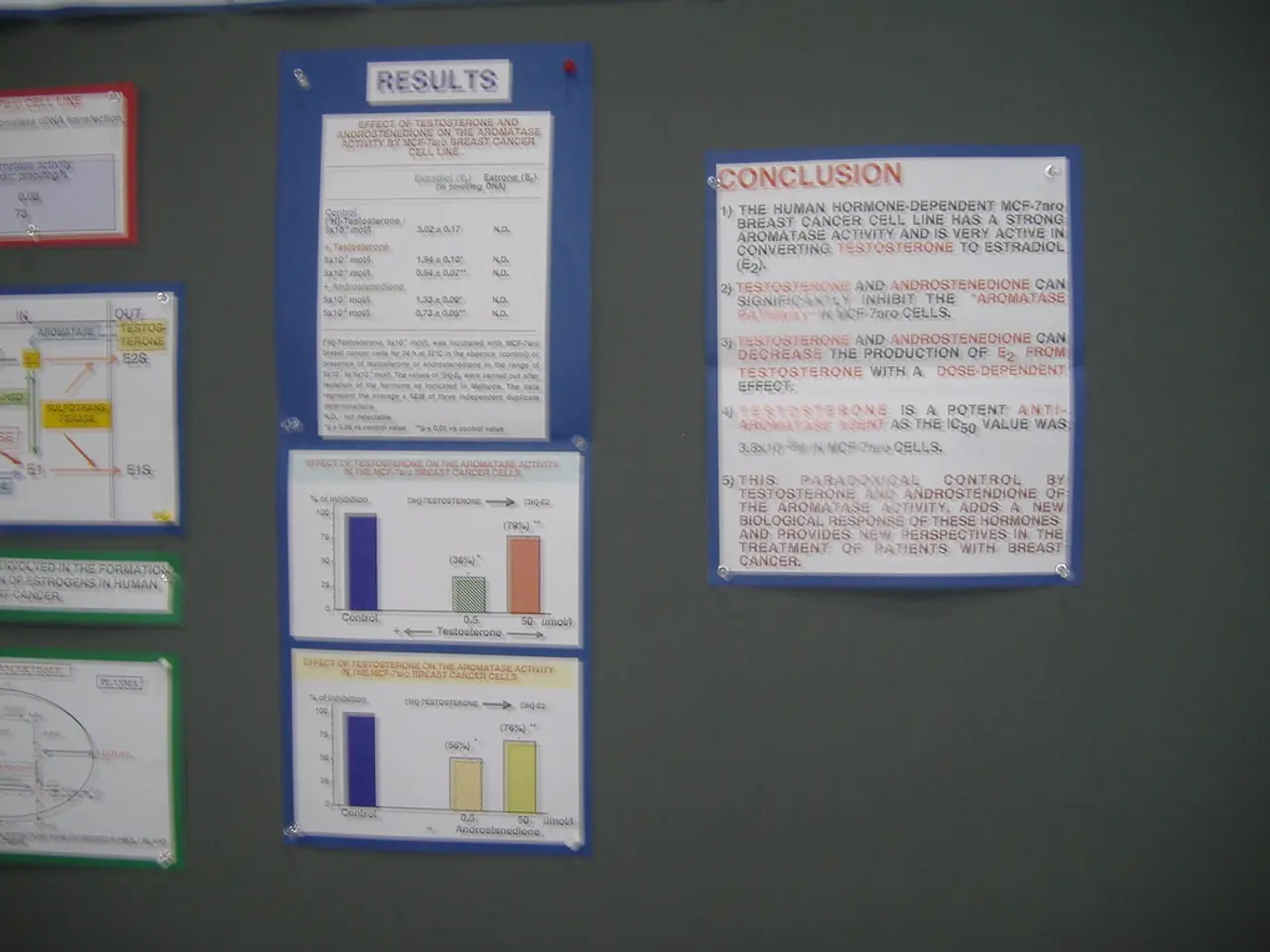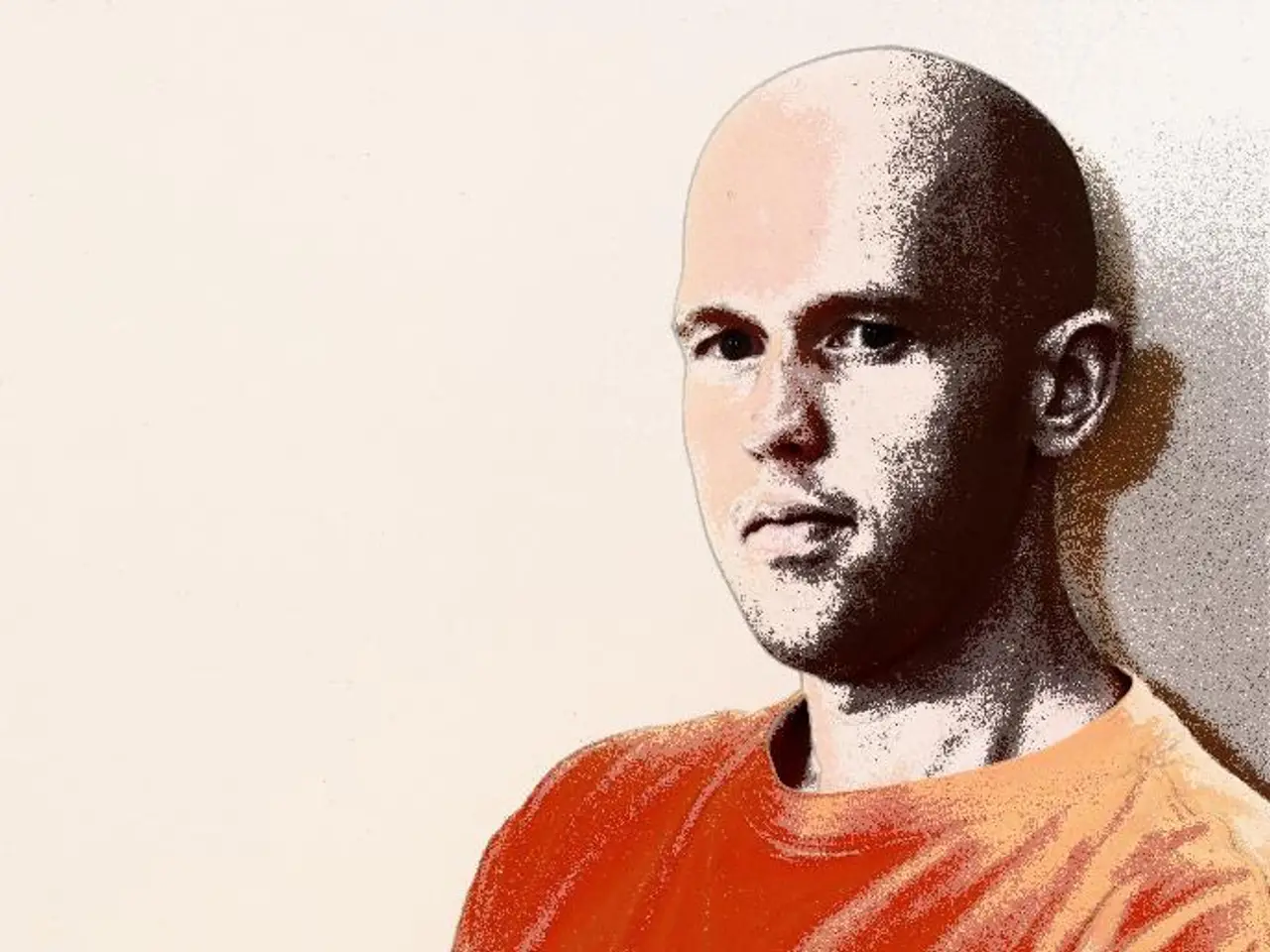Wimbledon Tackles Mental Health Issues in Tennis Community
In the high-pressure world of professional tennis, the spotlight often shines brightest on the top-ranked players. However, a less discussed issue is the mental health struggles faced by those players who are not among the elite. These challenges, as Darren Cahill, coach of Jannik Sinner, has discussed, can stem from a variety of factors, including economic pressures, technical demands, weekly competition, ranking maintenance, and level consistency.
The pressures of professional tennis can lead to anxiety and stress, with players constantly facing the need to perform and the fear of not meeting expectations. This pressure can be overwhelming, especially for those outside the top 10, who may not have the same level of support or resources.
Loneliness and isolation are also common struggles for tennis players, particularly those who travel alone. The individual nature of the sport can lead to feelings of isolation, which can be more pronounced for those outside the top 10, who may have fewer resources and less support.
Financial stress is another significant challenge for players outside the top 10. The need to generate enough money to survive on the elite circuit can exacerbate mental health issues, as players may struggle to cover expenses such as travel costs, coaching fees, and equipment.
Unlike top-level players, those outside the top 10 may not have access to the same level of mental health support. The lack of a strong support system outside of immediate family or close friends can leave players feeling isolated.
The emotional disruption from financial stress can lead to self-doubt and a fear of failure, which can affect a player's mental well-being and performance on the court. This can further exacerbate the pressure and stress they already experience.
The mental toll of professional tennis can lead to burnout and an earlier retirement for players who struggle to cope with the pressures of the sport. However, the stigma around mental health has decreased, and players are increasingly speaking out about the benefits of therapy.
To address these challenges, it is crucial to ensure that players outside the top 10 have access to professional mental health support. This could include psychologists or therapists who specialize in sports psychology. Encouraging players to connect with others in similar situations can help build a sense of community and support.
Raising awareness about the mental health challenges faced by tennis players and promoting open discussion can help reduce stigma and encourage more players to seek help. By addressing these challenges and providing support systems for players outside the top 10, the tennis community can work towards creating a healthier and more sustainable environment for all athletes involved.
Optimal mental health is crucial for a player to have continuity in their career. Defeats, drops in performance, or injuries can greatly affect a player's emotional state. A player's close group can heavily depend on their results, and the mental health of tennis players can be affected by their results.
The combination of economic, physical, and stress factors can negatively impact the mental health of tennis players, leading to temporary injuries and rankings drops. High-level tennis players often feel alone and experience loss of motivation. Some players have to qualify or barely have enough points to enter tournaments, which can help them generate enough money to continue their careers.
While the challenges for top players, such as Sinner, Alcaraz, and Swiatek, may centre around maintaining motivation and physical balance, the economic pressures are more pronounced for those outside the top 10. Incomes in tennis are high but expenses are numerous, including travel costs and costs associated with being accompanied by a partner, coach, and parents.
The mental health of tennis players is becoming a more discussed issue, as it is difficult, complex, and contradictory to understand and accept for players, coaches, parents, tournament organizers, and sponsors. By addressing these challenges and promoting open discussion, the tennis community can work towards creating a healthier and more supportive environment for all athletes.
- The challenges in professional tennis extend beyond physical health and technical skills, as mental health issues such as anxiety, stress, and loneliness can also impact players who are not among the elite.
- Financial stress is a significant contributor to the mental health struggles faced by players outside the top 10, as they may lack the resources to cover costs associated with traveling, coaching, and equipment.
- In the high-pressure world of tennis, the lack of a strong support system outside of immediate family or close friends can leave players feeling isolated, which can exacerbate mental health issues and potentially lead to burnout or an earlier retirement.




